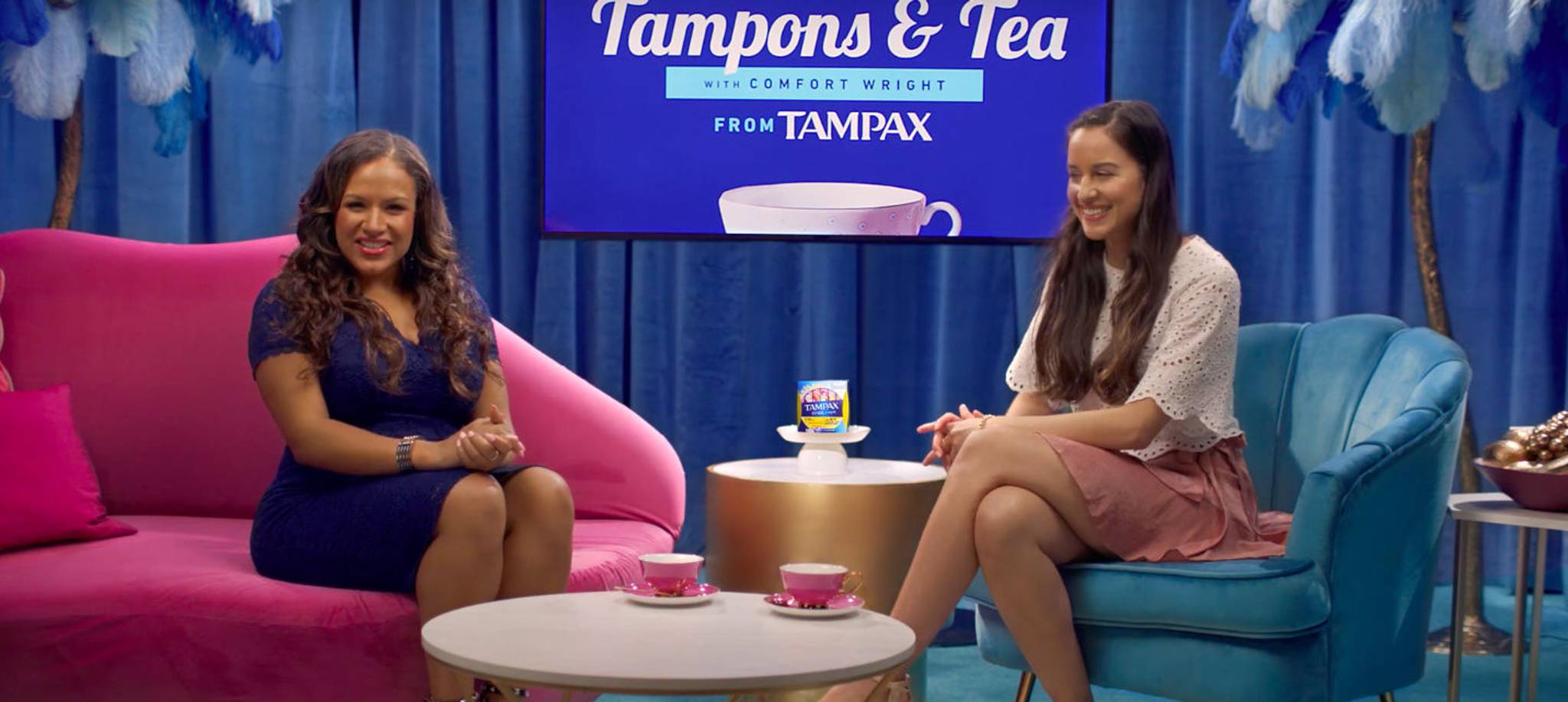
Tackling social issues in a 30-second spot runs the risk of being called out for a lack of true commitment. Aiming for a more genuine approach, KitchenAid is highlighting the struggles of female chefs in restaurants and exploring gender inequality through long-form documentary. We explore the insights behind this and why cause-based marketing can be more effective when topics are treated with the nuance they deserve.
KitchenAid, the kitchenware brand, is ditching traditional appliance-focused ads and focusing on raising awareness of gender equality in the foodservice industry. The brand’s 30-minute documentary, A Woman’s Place, launched on streaming platform Hulu in the lead up to Women’s Equality Day and features stories of up-and-coming female chefs who have historically seen a lack of representation in head chef roles.
While cause marketing is increasingly scrutinized, brands are looking to non-traditional tactics to ensure content comes across as genuine to people. "The way people are engaging with content, it's either shorter-form content – five seconds to five minutes – or you're having to lean back and experience this in 30 minutes or more,” says Mark Book, head of content at Digitas, who created the spot.
There is no let-up in people’s continued expectations for brands to play their part in rising to society’s challenges, including addressing gender equality across sectors. However, brands have also come in for criticism for over-simplifying complex issues when aligning their brand purpose to their messaging. From numerous examples of rainbow-washing to Peloton’s out-of-touch take on gender norms, people are becoming more aware of where brands are failing to show true commitment to causes they say they are aligned with.
Instead of simply latching on to socially-charged moments, or under-exploring complex social issues, long-form sponsored content allows brands to address calls for a more genuine sign of commitment. Patagonia demonstrated this with its District 15 film, which highlights the eco-plight of communities impacted by oil drilling.
Jared Tanna is a Senior Cultural Analyst at Canvas8. He has a background in qualitative research, specialising in creative development and brand strategy. When he’s not badgering people for their opinions, you can find him reading, analysing and (sometimes) writing screenplays.



